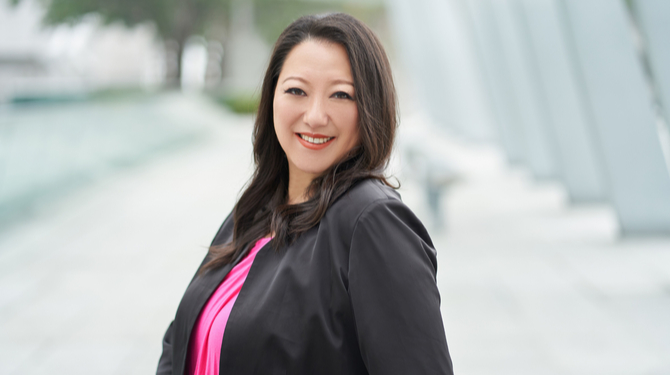This first edition, written by leading ESG legal specialists, provides an up-to-date jurisdictional comparison of the latest legal and regulatory developments, enforcement and litigation trends, and policy and non-legal drivers of the major ESG developments impacting businesses around the world....
| 1yr
| 1yr
This first edition, written by leading ESG legal specialists, provides an up-to-date jurisdictional ...










